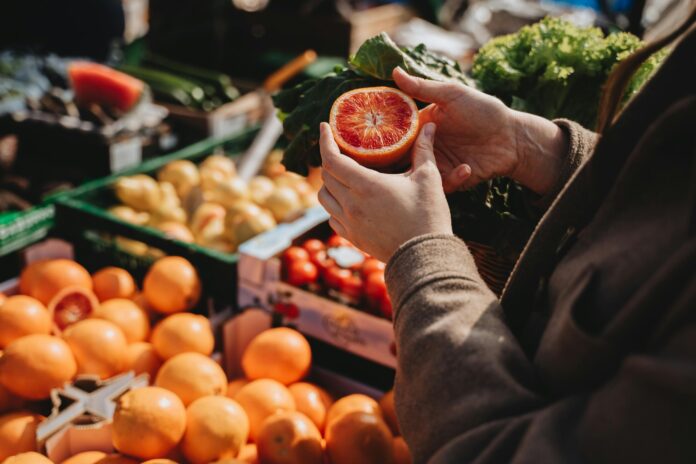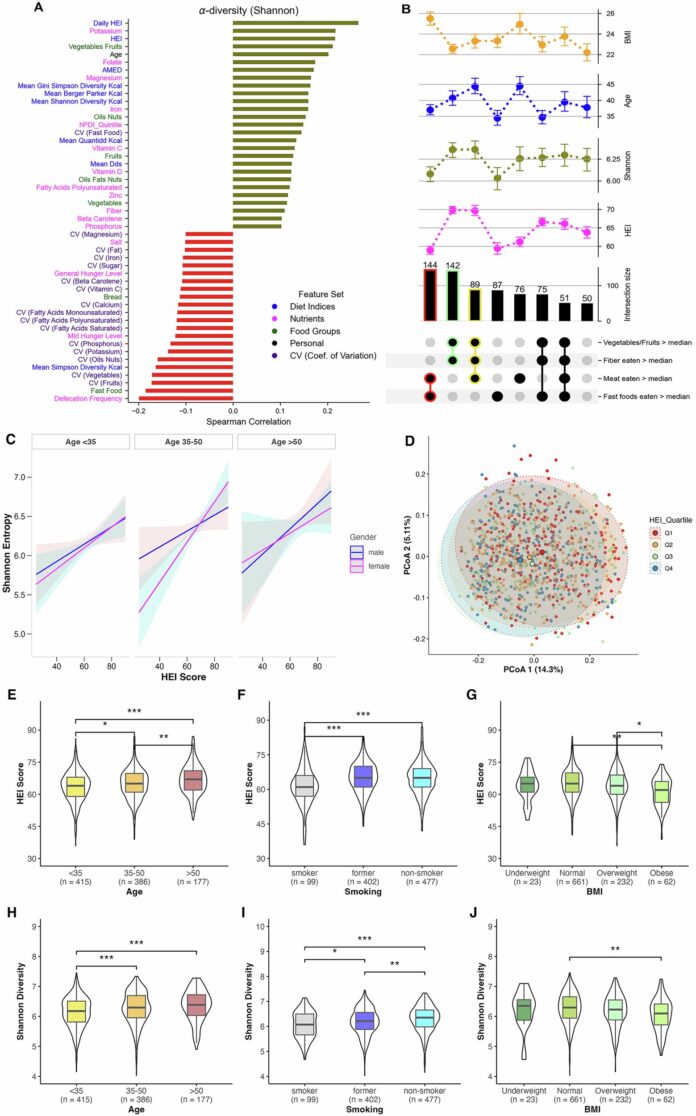In 2011, a rare type of Salmonella was reported for the first time in Europe connected to an outbreak in several European countries. At the time, outbreak investigations pointed to small tomatoes from Sicily (Italy) as the likely source for the salmonellosis cases caused by Salmonella Strathcona.
Since then, Salmonella Strathcona notifications in Europe have shown a recurring seasonal outbreak pattern, usually from summer to the beginning of the following year. In a “Euroroundup” published in the journal Eurosurveillance, Brait and team describe the epidemiology of cases between 2011 and 2024, explore the genomic relatedness of the detected subspecies and try to identify the possible food vehicle for the recent outbreaks.
During the study period, the authors identified 662 S. Strathcona infections across 17 countries: 469 confirmed, 161 probable, 13 possible and 19 non-outbreak cases. Almost half (306) of the 643 outbreak cases were reported during an outbreak between 2023–2024. Germany notified the largest number of outbreak cases (n = 229; 36%), followed by Denmark (93) and Austria (77).
Not all countries that observed Salmonella Strathcona cases since 2011 joined the collaborative investigation for this study and since case identification was largely based on mandatory notification, the authors hypothesize that the true number of infections is likely to be substantially higher. In addition, to the identified cases until 2024, a further 29 cases have been reported during 2025 (until the beginning of September 2025).
Common source and common food vehicle
Whole genome sequencing of isolates during the study period showed that almost all (95%) were highly genetically related over time and across countries, compatible with a common source.
Brait and team “deem it likely that tomatoes may have been the vehicle in most, if not all the years.” In 2011, Denmark had observed most of the cases in the first European S. Strathcona outbreak and investigations had identified small tomatoes from Sicily as the vehicle of the infection.
Previous Salmonella outbreaks, e.g. in Sweden, Finland and the United States, have established fresh tomatoes as a food item vehicle. This can be related to consumption of tomatoes without cooking or the fact that pathogens may be part of the plant tissues—which could mean that washing of tomatoes may not be an effective preventive measure against salmonellosis.
According to Brait and team, their investigations “suggest recurring outbreaks in Europe since 2011 with a seasonal pattern of S. Strathcona cases that are linked to small tomatoes originating from a common source. The investigation exemplifies the added value but also the need of extensive collaborative cross-border and cross-sectoral investigations, ideally supported by ECDC and EFSA, to address complex food-borne outbreaks.”
More information:
Vivien Brait et al, Insights into recurring multi-country outbreaks of Salmonella Strathcona associated with tomatoes, Europe, 2011 to 2024, Eurosurveillance (2025). DOI: 10.2807/1560-7917.es.2025.30.41.2500224
Provided by
European Centre for Disease Prevention and Control (ECDC)
Citation:
Investigations of recurring Salmonella Strathcona outbreaks in Europe point to common source (2025, October 21)
retrieved 21 October 2025
from https://medicalxpress.com/news/2025-10-recurring-salmonella-strathcona-outbreaks-europe.html
This document is subject to copyright. Apart from any fair dealing for the purpose of private study or research, no
part may be reproduced without the written permission. The content is provided for information purposes only.



